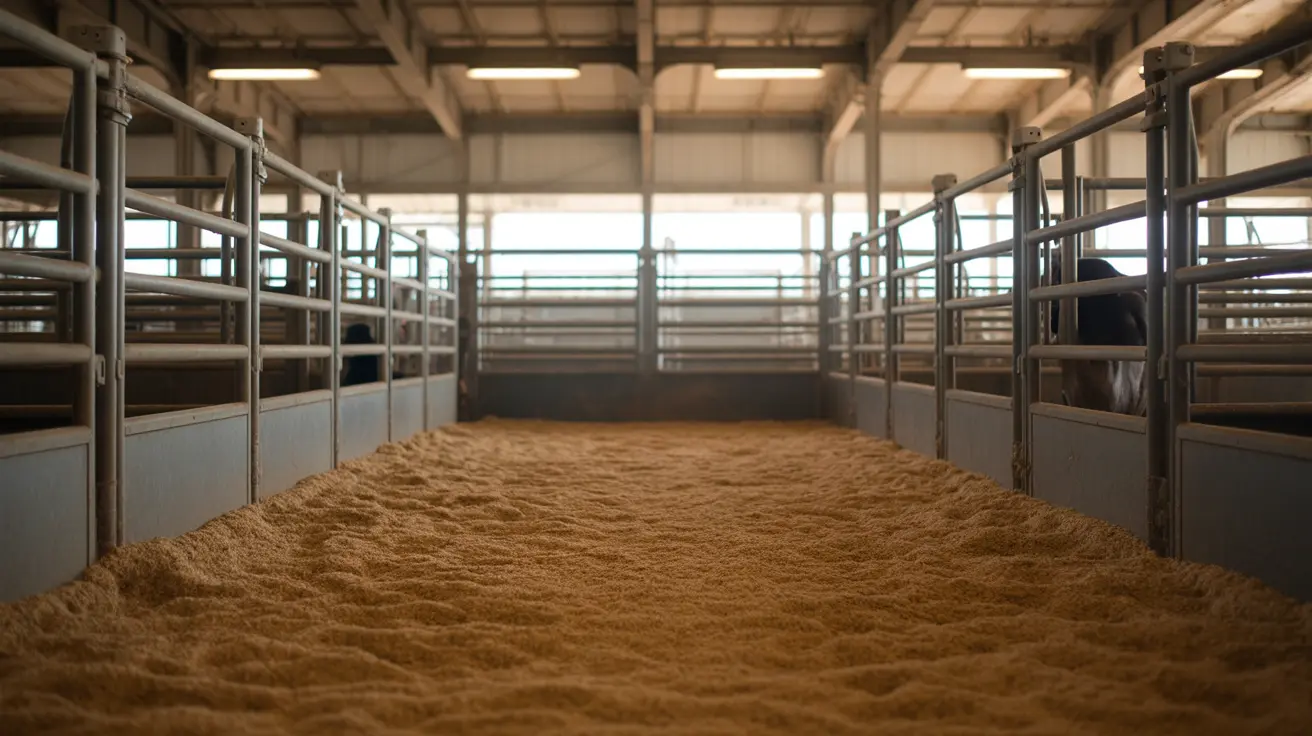Can Dogs Eat Eggs? A Complete Guide
The Nutritional Benefits of Eggs for Dogs
Eggs aren't just a breakfast staple for humans—they're packed with nutrients that benefit dogs too. When you serve them properly, eggs offer high-quality protein, essential fatty acids, and a range of vitamins and minerals. These include Vitamin A, B12, iron, selenium, and calcium. What does this mean for your dog? Stronger muscles, a boosted immune system, healthier skin and coat, more energy, and better overall wellbeing.
How to Safely Prepare Eggs for Dogs
If you're thinking about sharing eggs with your canine companion, always cook them first. Raw or undercooked eggs can harbor bacteria like Salmonella or E. coli—these can make your dog sick with vomiting, diarrhea, or worse. Cooking destroys these risks and also helps your dog absorb biotin (a vitamin crucial for their coat and metabolism). Egg whites in particular contain avidin when raw; this can block biotin absorption but is neutralized by cooking.
- Serve eggs hard-boiled, scrambled, or poached.
- Keep them plain—skip oil, butter, salt, or seasonings.
Add eggs to your dog's meal or give them as an occasional treat. But don't let them make up more than 10% of your dog's daily calories—too many eggs mean too much fat and extra calories that could lead to weight gain. For most dogs, one egg per day is the upper limit; smaller dogs need less while larger or more active pups might manage a bit more. If you're unsure about the right amount (especially if your dog has health issues like pancreatitis or diabetes), ask your vet.
What About Eggshells?
Eggshells are loaded with calcium and can be included in your dog's diet if they're thoroughly cooked or boiled to kill bacteria. Always grind or crush shells into small pieces so they're safe to eat and easier to digest. That said, most commercial dog foods already meet calcium needs—so you probably don't need to add shells unless your vet suggests it.
Allergies and Intolerances: What to Watch For
Some dogs are allergic to eggs or may develop an intolerance over time. Signs include vomiting, diarrhea, itching or hives on the skin, swelling, coughing, or trouble breathing. If you see any of these after feeding eggs, stop immediately and call your vet. When introducing eggs for the first time, start with a small portion and keep an eye out for any bad reactions.
Avoid These Egg Dishes
- Spoiled or expired eggs
- Eggs cooked with oils/fats/salt/seasonings
- Devilled eggs
- Scotch eggs
- Pickled eggs
Dishes like these often contain ingredients that aren't safe for dogs. Stick with fresh eggs that are cooked thoroughly.
Special Considerations: Pancreatitis & Other Health Issues
If your dog has pancreatitis (or is prone to it), steer clear of whole eggs as regular snacks because they're high in fat. Sometimes egg whites alone (which have less fat) may be okay—but only under veterinary guidance.
The Bottom Line: Moderation Is Key
Eggs shouldn't be the only protein source in your dog's diet—they need variety for complete nutrition. But as a treat or supplement (when cooked safely), they can be a tasty way to boost health without much fuss.





